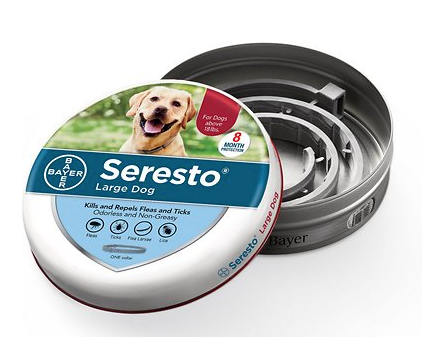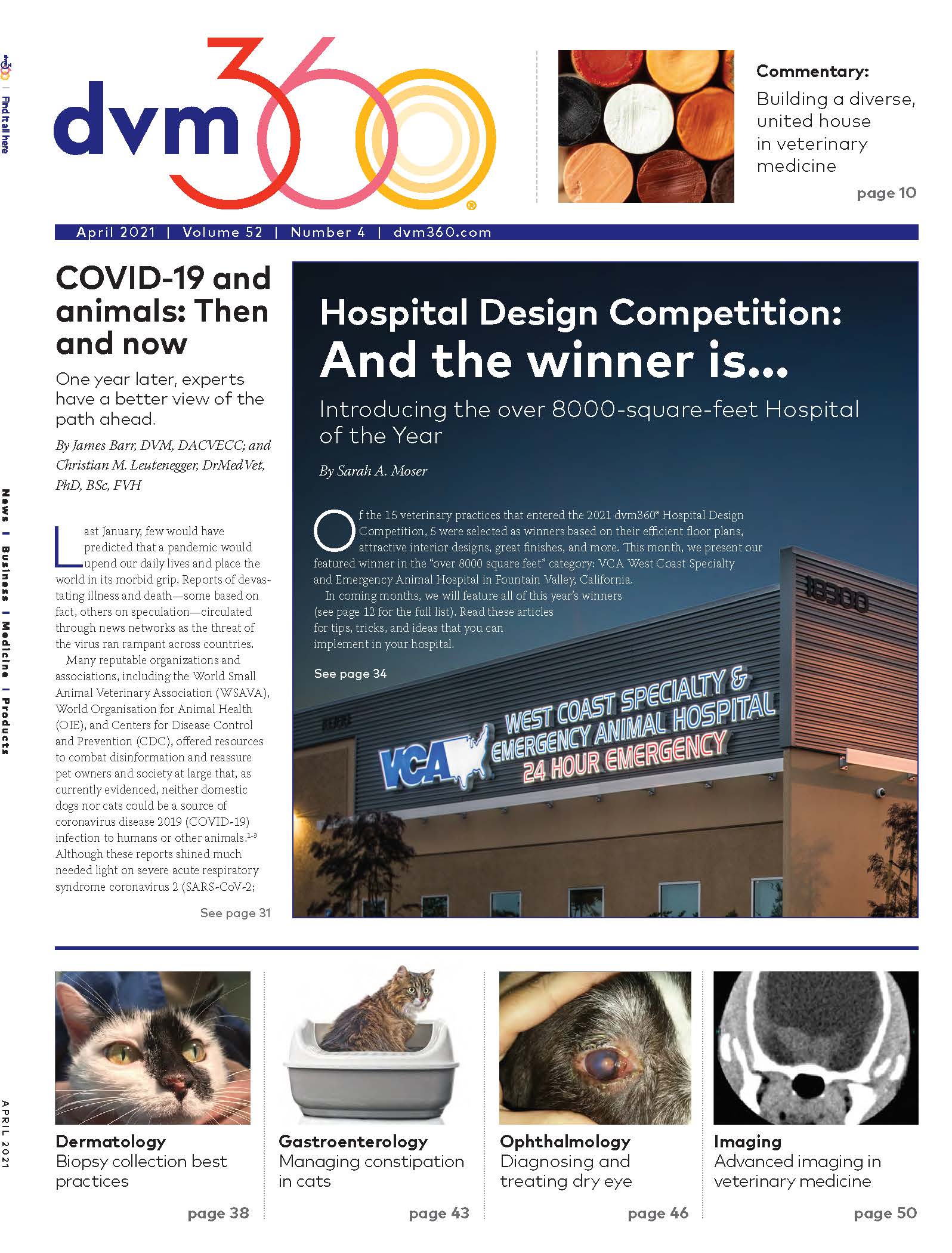Elanco defends Seresto safety, refuses recall
The company stands firmly behind the pet flea and tick collar and its safety profile.

Earlier this month, a report by USA Today in conjunction with the Midwest Center for Investigative Reporting alleged that Seresto flea and tick collars (developed by Bayer and now owned by Elanco) have caused nearly 1700 pet deaths and tens of thousands of injuries to animals as well as hundreds of incidents of “harm” in humans. The company was subsequently asked by US House of Representatives subcommittee chair to remove the product from the market temporarily. Elanco has refused, reiterating that it “stands behind the safety data of Seresto generated for its registration and monitored via postmarketing surveillance,” according to a company press release.
“Thorough investigation of available data has shown no established link between exposure to the active ingredients in Seresto and pet deaths,” says Tony Rumschlag, DVM, senior director for technical consultants at Elanco, in a company press release. “Taking drastic action such as a recall results in unjustified worry and confusion that may increase pet exposure to disease carrying parasites like fleas and ticks."
According to the release, all data and scientific evaluation used during the Seresto product registration process and through Elanco’s robust pharmacovigilance review support the product’s safety and efficacy. No regulatory agency has requested a recall, and the product remains available to consumers around the world for flea and tick prevention.
Elanco spokesperson Keri McGrath tells dvm360® that providing quality products for pets and the people who love them is Elanco’s highest priority. “We work tirelessly to ensure that pet owners and veterinarians have access to proven, regulated technology to repel and kill fleas and ticks that transmit disease and can impact a pet’s quality of life,” she says. ”We are also working tirelessly to ensure consumers receive accurate information on Seresto, based on robust scientific data from trusted sources such as veterinarians and the news outlets they rely on, like dvm360®.”
The company reports that Seresto collars have been used on more than 25 million pets since 2012, with an adverse event incident rate in the US below 0.3%. The significant majority of these incidents have been nonserious, such as dermatologic application site issues.
As a globally distributed product, Seresto’s safety data were reviewed rigorously over the course of its development prior to registration by more than 80 regulatory authorities around the world, including the US Environmental Protection Agency (EPA). Importantly, as regulated by the EPA, Seresto remains available on the market.
Elanco is cooperating with the subcommittee’s request and looks forward to explaining how the media reports on this topic have been widely refuted by toxicologists and veterinarians, who note that correlation does not necessarily mean causation in the incident reports and that counterfeit collars purchased by consumers may be a complicating factor.
“The recent media reports were based on raw data and cannot be used to draw conclusions on what may have actually caused the issues. It is critically important to understand that a report is not an indication of cause,” says Rumschlag. “If a dog were to be wearing a collar and experienced any sort of health issue, the collar would be mentioned in the resulting report as required, even if the collar was very obviously not the source of the issue. In most cases, further investigation and assessment are required to determine cause, often a veterinary exam, laboratory diagnostics, or necropsy, as appropriate. Data are continuously monitored for signals or trends.”
Elanco takes the safety of its products seriously and has policies to ensure that concerns related to their use are investigated and addressed as appropriate. As with all of its products, Elanco says it will continue to take actions to achieve the highest levels of safety and efficacy for Seresto.
